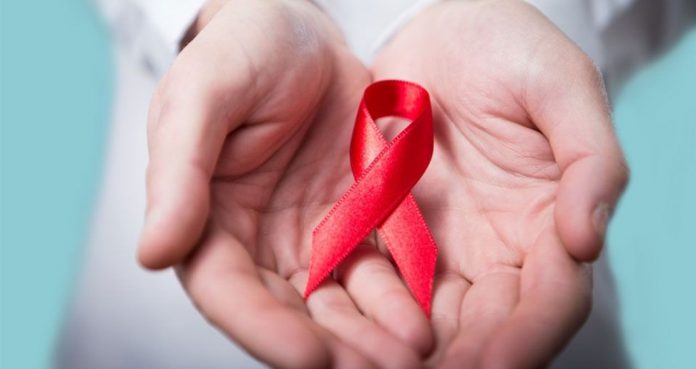For the second time in the history of the global epidemic, a London-based patient is appeared to be cured of Human Immunodeficiency Virus (HIV), the virus that causes Acquired Immune Deficiency Syndrome (AIDS).
The news has come nearly 12 years after the first patient who was known to be cured of HIV. This surprising success has now confirmed that a cure is possible, if difficult, researchers mentioned.
The researchers will publish their report Tuesday in the journal of Nature. They will also provide some details of the report at the Conference on Retroviruses and Opportunistic Infections in Seattle.
The experts are describing this HIV case as a long-term remission and calling it a cure, with the caution that it is a bit difficult to determine how to describe the word because there are only two such cases.
Both of them who achieved HIV cure resulted from bone-marrow transplants. However, the transplants were advised to treat cancer, not HIV.
The researchers explained that considering bone-marrow transplants a realistic treatment option in the near future is quite unlikely. To control HIV infection, potent drugs are available with adverse effects that may last for years, while the transplant seems to be risky.
They also explained that re-fortifying the body with immune cells to resist the virus might succeed as an effective treatment option.
“This will inspire people that cure is not a dream. It’s reachable,” said Dr. Annemarie Wensing, a virologist at the University Medical Center Utrecht in the Netherlands.
As the patient has chosen to remain anonymous, the scientists referred to him as the “London patient,” who told the New York Times through an email, “I feel a sense of responsibility to help the doctors understand how it happened so they can develop the science.”
After learning that he could well be cured of his cancer as well as HIV infection, he never thought that he would be cured of practically incurable disease during his lifetime.
12 years ago, a German physician described the first HIV cure in a Berlin patient, Timothy Ray Brown, 52, who now resides in Palm Springs, Calif. Once it became clear that he was cured of HIV, researchers set out to duplicate his result with other patients with cancer who are infected with HIV as well.
Mr. Brown had had leukemia. He underwent chemotherapy but failed to get the desired results so he needed two bone-marrow transplants. Also, he received immunosuppressive drugs that are no longer used and suffered from intense complications for months after the transplants. At one point, he was placed in an induced coma and nearly died.
Timothy Ray Brown is the first person to be cured of HIV, who almost died during the therapy.
The London patient had Hodgkin’s lymphoma and underwent a bone-marrow transplant in May 2016. He had a donor with the CCR5 mutation. He also received immunosuppressive drugs.
In September 2017, he quit taking anti-retroviral drugs, making him the second patient after Mr. Brown to remain virus-free for more than a year after stopping anti-HIV drugs.
Dr. Ravindra Gupta, a virologist at University College London, said, “I think this does change the game a little bit. Everybody believed after the Berlin patient that you needed to nearly die basically to cure H.I.V., but now maybe you don’t.”
The transplant destroyed the cancer cells in the London patient without causing harmful adverse effects. And the transplanted immune cells, which are now resistant to HIV, seem to have fully restored his affected cells.
Researchers are tracking 38 HIV-infected patients who have received bone-marrow transplants. The London patient is 36 on the list. One patient who is referred to as the “Düsseldorf patient” has been off anti-retroviral drugs for four months. His details will be presented at the Seattle conference later this week. Mr. Brown said he is hopeful that the London patient’s HIV cure proves as durable as the cure he achieved. “If something has happened once in medical science, it can happen again. I’ve been waiting for a company for a long time,” said Mr. Brown.






















